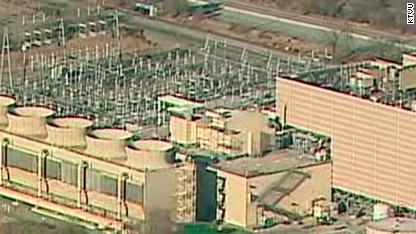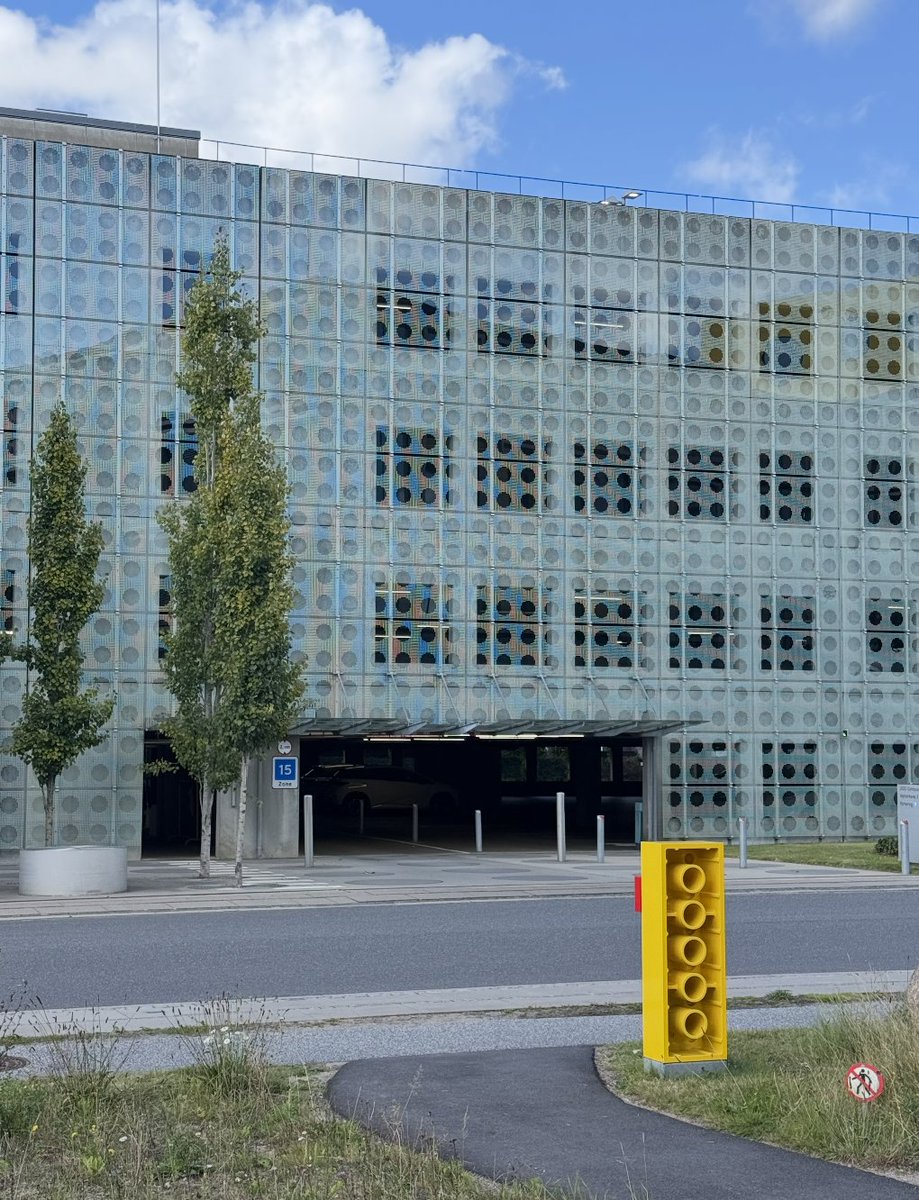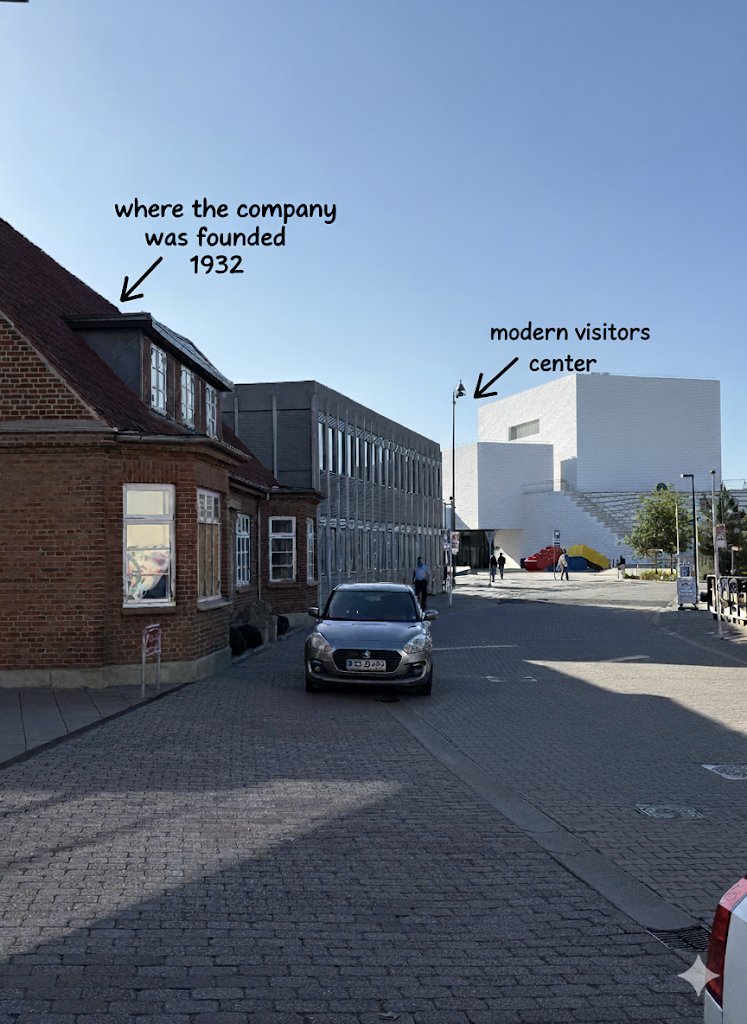On April 16 2013, a team of highly skilled gunmen opened fire on the Metcalf Power Substation in San Jose California.
In just under 10 minutes, they disabled 17 transformers and caused $15m in damages.
This is the most important terror attack you've never heard of. Quick thread
In just under 10 minutes, they disabled 17 transformers and caused $15m in damages.
This is the most important terror attack you've never heard of. Quick thread

The PG&E Metcalf substation provides most of the Santa Clara Valley with power-- Facebook, Stanford, etc. are all on this grid.
The attackers are still unknown, they were never caught, and the motive is still unknown.
The attackers are still unknown, they were never caught, and the motive is still unknown.
A timeline of the attack:
12:58 a.m. – fiber-optic lines were cut not far from U.S. Route 101 just outside south San Jose. The substation loses internet and phone service.
1:07 a.m. – Some customers lost service. Cables in its vault near the Metcalf substation were also cut.
12:58 a.m. – fiber-optic lines were cut not far from U.S. Route 101 just outside south San Jose. The substation loses internet and phone service.
1:07 a.m. – Some customers lost service. Cables in its vault near the Metcalf substation were also cut.
1:31 a.m. – A surveillance camera pointed along a chain-link fence around the substation recorded a streak of light that investigators from the Santa Clara County Sheriff's office think was a signal from a waved flashlight. It was followed by the muzzle flash of rifles.
1:37 a.m. – PG&E received an alarm from motion sensors at the substation, possibly from bullets grazing the fence.
1:41 a.m. – Santa Clara County Sheriff's department received a 911 call about gunfire, sent by an engineer at a nearby power plant that still had phone service.
1:41 a.m. – Santa Clara County Sheriff's department received a 911 call about gunfire, sent by an engineer at a nearby power plant that still had phone service.
1:45 a.m. – The first bank of transformers, riddled with bullet holes and having leaked 52,000 US gallons of oil, overheated, whereupon PG&E's control center about 90 miles (140 km) north received an equipment-failure alarm. 

1:50 a.m. – Another flashlight signal, caught on film, marked the end. More than 100 expended 7.62×39mm cases were later found at the site.
1:51 a.m. – officers arrived, and found everything quiet. Unable to get past the locked fence and seeing nothing suspicious, they left.
1:51 a.m. – officers arrived, and found everything quiet. Unable to get past the locked fence and seeing nothing suspicious, they left.
In the subsequent investigation, it became incredibly clear how professional of an operation this was. Of the 100+ shell casings found-- all had been wiped clean of fingerprints.
there were also stacks of rocks found all over the site, commonly used to gage firing distance.
there were also stacks of rocks found all over the site, commonly used to gage firing distance.

they knew exactly where to attack-- shooting directly at the cooling fans, the weakest part of the transformer.
they knew where to dig to disable fiberoptic cables, and the location of every camera.
there still exists no footage of how the gunmen entered the site.
they knew where to dig to disable fiberoptic cables, and the location of every camera.
there still exists no footage of how the gunmen entered the site.
in the months following the attack, the US gov ran a simulated attack on the electrical grid.
You can read the report below, but the results were terrifying. A group of unskilled actors could easily disabled a majority of the US grid.
nerc.com/pa/CI/ESISAC/G…
You can read the report below, but the results were terrifying. A group of unskilled actors could easily disabled a majority of the US grid.
nerc.com/pa/CI/ESISAC/G…

Following the report, a number of improvements were made to power stations over the following years. But this was not the end for Metcalf.
In 2014 the site was raided, a team cut the fence and entered the site undetected-- stealing copies of macitence and exercise reports.
In 2014 the site was raided, a team cut the fence and entered the site undetected-- stealing copies of macitence and exercise reports.
To put this in context-- Metcalf was not one, but two terror attacks on a critical piece of infrastructure.
These attacks were carried out likely by a team with special forces experience, operating undetected, and using unconventional weaponry.
and we still have no idea why
These attacks were carried out likely by a team with special forces experience, operating undetected, and using unconventional weaponry.
and we still have no idea why
you can watch video of the attack in full here:
• • •
Missing some Tweet in this thread? You can try to
force a refresh













